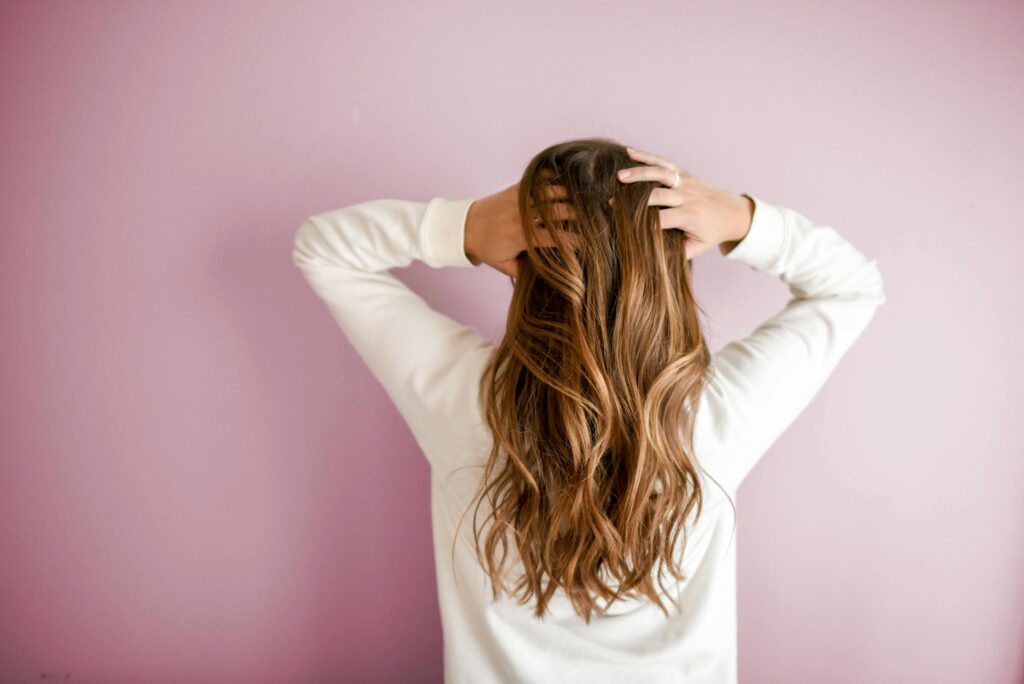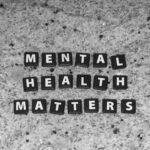
⚠️ Important Medical Disclaimer
This article is for general informational purposes only and does not constitute medical advice. Hair fall can be a symptom of underlying health conditions. Please consult a qualified healthcare provider or dermatologist before trying any home remedy or self-treatment. Self-diagnosis may delay the proper care you need.
When to See a Doctor First (Not Later)
If you are experiencing:
- Sudden or severe hair loss
- Bald patches or scalp redness
- Accompanying symptoms like fatigue, weight changes, or skin rashes
- Family history of baldness or autoimmune disorders
➡️ Consult a dermatologist or healthcare provider immediately.
Hair loss can result from hormonal imbalances, nutritional deficiencies, autoimmune diseases (like alopecia areata), or chronic illnesses. Home remedies may support general hair health but are not substitutes for medical evaluation or treatment.
Understanding the Root Causes of Hair Fall
Before trying any home remedy, it’s crucial to understand that hair fall can be triggered by:
| Cause | Description |
|---|---|
| Nutritional Deficiencies | Lack of iron, Vitamin D, zinc, or biotin. |
| Hormonal Changes | Common in thyroid disorders, PCOS, postpartum women. |
| Autoimmune Conditions | Such as alopecia areata or lupus. |
| Stress and Illness | Telogen effluvium, where hair enters shedding phase after trauma or fever. |
| Genetic Factors | Androgenetic alopecia (male/female pattern baldness). |
| Medications | Chemotherapy, blood thinners, antidepressants. |
📌 Professional testing is required to determine the exact cause. Treating the root problem—not just the symptoms—is key.
Popular Home Remedies (With Caution)
These natural remedies may help promote scalp health or reduce mild hair fall. However, most have limited scientific backing. Proceed only after a patch test and medical consultation.
1. Coconut Oil
- Why it may help: Contains lauric acid which can penetrate hair shafts and reduce protein loss.
- Use: Warm and massage into scalp. Leave overnight. Rinse.
- Caution: Avoid if you have an oily scalp or scalp acne. Can clog pores.
- Source: Journal of Cosmetic Science (2003)
2. Aloe Vera
- Why it may help: Soothes scalp irritation and may reduce dandruff.
- Use: Apply pure aloe gel to the scalp. Leave for 30–45 minutes. Rinse with lukewarm water.
- Caution: Patch test first. May irritate sensitive skin.
- Evidence Level: Limited; mostly anecdotal.
3. Onion Juice
- Why it may help: Some small studies suggest onion juice may support hair regrowth in patchy hair loss (alopecia areata).
- Use: Apply filtered juice to scalp for 20 minutes, 2x a week.
- Caution: Strong smell. Can irritate skin or eyes. Patch test is essential.
- Study: Journal of Dermatology (2002)
4. Fenugreek (Methi) Seeds
- Why it may help: Rich in nicotinic acid and protein.
- Use: Soak overnight, grind to paste, apply for 30 minutes, then rinse.
- Caution: Possible allergic reactions; avoid if prone to migraines.
- Evidence Level: Traditional use; scientific evidence is limited.
5. Amla (Indian Gooseberry)
- Why it may help: Antioxidants and Vitamin C may support scalp health.
- Use: Mix amla powder with coconut oil, apply as hair mask weekly.
- Caution: May dry hair for some. Not a cure for medical hair loss.
- Evidence Level: Moderate support in Ayurvedic medicine, limited modern trials.
6. Green Tea Rinse
- Why it may help: Contains polyphenols that may support hair follicle stimulation.
- Use: Brew, cool, and use as final rinse post-shampoo.
- Caution: Can dry scalp if used excessively. Not for sensitive skin.
- Evidence: Early-stage lab studies, not human trials.
7. Rosemary Essential Oil
- Why it may help: A 2015 study showed comparable improvement to minoxidil in some users.
- Use: Mix a few drops in carrier oil (e.g., coconut/jojoba), apply to scalp.
- Caution: Never use undiluted. Patch test mandatory.
- Study: SKINmed Journal (2015)
Essential Safety Guidelines Before Trying Remedies
✅ Always do a patch test (24 hours before full use).
✅ Never use essential oils directly on the skin.
✅ Discontinue use if irritation, itching, or burning occurs.
✅ Do not rely solely on natural treatments if hair fall is severe or chronic.
✅ Consult your doctor if pregnant, breastfeeding, or on medication.
Lifestyle Changes That Support Hair Health
While no single habit can “cure” hair fall, the following may support overall hair strength:
- ✅ Eat a balanced diet rich in protein, iron, and omega-3 fatty acids.
- ✅ Practice stress management (meditation, exercise).
- ✅ Use a mild shampoo, avoid harsh heat styling.
- ✅ Get 7–8 hours of sleep regularly.
- ✅ Limit tight hairstyles that pull on the scalp.
Final Thoughts: Seek Help Early, Stay Informed
Mild seasonal or stress-related hair fall may improve with care and time. However, hair loss that persists or worsens may signal deeper health concerns. Do not delay consulting a healthcare professional. Early diagnosis can lead to effective treatment, especially for conditions like thyroid disease, iron deficiency, or alopecia.
Author & Medical Review
✍️ Written by: Priya , Health Content Writer
This article was reviewed for general informational quality but not medically certified. The author is not a medical professional.
FAQs
Q. Are these remedies safe for kids or teenagers?
➡️ Always consult a pediatrician or dermatologist before use.
Q. Can home remedies regrow hair in bald spots?
➡️ Not likely. Baldness often needs medical interventions (e.g., minoxidil, PRP, hair transplant).
Q. Are these remedies effective for PCOS-related hair fall?
➡️ No. Hormonal imbalances must be treated by an endocrinologist or gynecologist.









